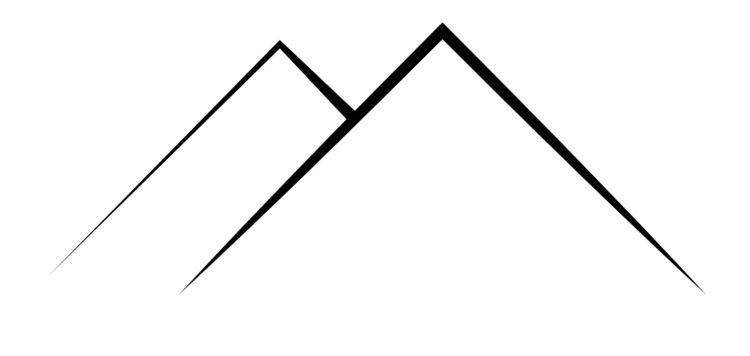Sometimes I can’t remember what the stars look like. I spend my time walking city streets at a pace so quick I forget. Perhaps the lights are such that city life simply doesn’t lend itself to the idea of our own minutia. Daily preoccupations take precedence until one night I’m curving down the long driveway of a Kentucky farm, radio blaring and lost in the post-apocalyptic darkness of the roads that have snaked my way home. And yet, as soon as the door clicks behind me and I take a step into the night gravity shifts planes as if born in that instant. It anchors my feet to ground, stretching me and centering me on my own axis as my eyes are pulled smoothly upwards into a discernable milky way. There, on a hill in the inky black unique to sporadic human life, the vastness of it all settles in, starting at the base of my spine and shooting through me until my memories are reduced to every momentary pause that has ever existed between me and the exosphere, the exosphere and I.
Frozen, I trace them out with chilly fingers; the big dipper leads the way to Polaris, Polaris to Ursa Minor, and Cassiopeia. The rounded dome of the night leans down to pull me in, stretching from tree-lined horizon to tree-lined horizon that seem to float below my feet as I spin outwards into the night.
I’ll never get used to the sky.
Shakespear’s Julius Ceasar once said, “I am constant as the northern star,” never realizing perhaps that Polaris is no constant at all. Torque and the gravitational pull of the sun and moon will eventually wobble our axis to a different path, a circular precession that shifts our direction in space and time. Centuries trudge by as the celestial pole bends and true north is not so faithful as it once was. This vacillation-- our wavering in truth and trajectory as we wobble closer not further from that perfect line--can be seen to represent the shortsighted nature of human thought. How can we be expected to know what is right, what is north, truth, when we are constantly quivering and fluctuating on our way? Plato, Aristotle, Neitzsche, Sartre, none of them were on a path any truer than my own. Humans, as ever, are incapable of crafting as perfect a compass as Polaris for finding himself, which speaks to both the necessity of the stars and the imperfection of human tools and minds.
These sorts of mythic things, true Norths and a perfection gleaned from the alignment of these tiny needlepoints of light in the velvet thickness of a country night, make more sense than any history book, any philosophy, any conjugation, any abridged sentiment or poetic word in the grand scheme of where we belong. Still, the fact remains that where you see Polaris in the sky is dependent on the latitude of your location; from New York to the North Pole Polaris shifts, rising higher and higher until it is directly overhead.
I consider this problematic as I sometimes wonder how many finger lengths of difference exist between your sky and mine? 10 degrees or one thumb– where do you stand in relation to my truth and I to yours? I think sometimes the only way to reconcile my north and your existence would be to lay pinwheeled head to shoulder and shoulder to head in a field. To experience together the push of the grassy earth beneath us and the upwards pull of the sky, to lose ourselves in the vastness of that instant, in the insignificance of our own bodies until our norths cease their subjectivity and meld together into one.
I imagine that if you were standing here with me tonight you might map me like the sky; trace your fingers over Cassiopeia, Perseus, Lyra, and Polaris as circular pression shifts my direction in space and time. I consider that perhaps if I could feel your fingers my wavering would cease and center. My axis would align, pinpointed in the touch of your fingertip and there I might remain for some time, or at least a moment, spliced between damp earth and stars in an inky black where only two beings exist in the universe.
Just us and the exosphere. Me and you. You and I. And in that moment, perfectly aligned with Polaris, we might know truth.

